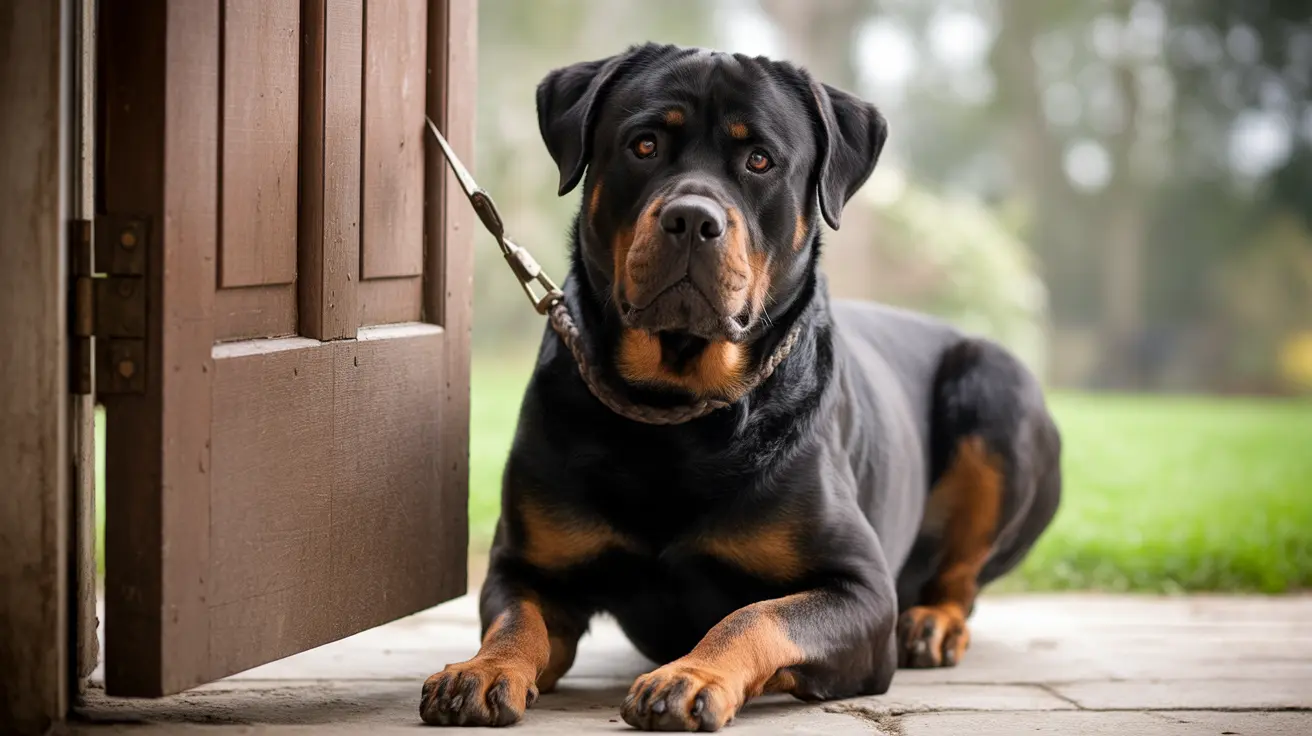If you've noticed your previously house-trained dog suddenly having accidents inside, you're likely dealing with dog potty training regression. This frustrating but common issue can affect dogs of all ages and training levels, often leaving pet owners wondering what went wrong with their once-reliable companion.
Understanding the root causes of potty training regression and implementing the right solutions can help get your furry friend back on track. Let's explore why this happens and what you can do about it.
Common Causes of Potty Training Regression
Medical Issues
Before assuming it's a behavioral issue, it's essential to rule out medical conditions. Urinary tract infections, kidney problems, diabetes, and digestive disorders can all cause sudden changes in bathroom habits. Senior dogs may experience incontinence due to weakening muscles or cognitive decline.
Environmental Changes and Stress
Dogs are creatures of habit, and changes in their environment can trigger potty training regression. Moving to a new home, welcoming a new family member, or altering daily routines can cause anxiety-related accidents. Even subtle changes like rearranging furniture or switching walking schedules can impact their bathroom habits.
Developmental Stages
Puppies and adolescent dogs often experience regression during growth phases, particularly between 4-12 months of age. This 'teenage' period can bring temporary setbacks in training as their hormones fluctuate and they test boundaries.
How to Address Potty Training Regression
Veterinary Check-Up
Schedule a veterinary examination to rule out medical issues, especially if the regression is sudden or accompanied by other symptoms like increased thirst or lethargy.
Return to Basics
Re-establish consistent routines for feeding, potty breaks, and positive reinforcement. Take your dog out more frequently, and reward them generously for eliminating outside.
Environmental Management
Clean accident areas thoroughly with enzymatic cleaners to remove lingering odors. Limit access to problem areas and consider using gates or close supervision until habits improve.
Reduce Stress Factors
Identify and minimize potential stressors in your dog's environment. Maintain consistent daily routines and provide extra attention and reassurance during periods of change.
Special Considerations for Different Life Stages
Puppies and Adolescents
Exercise patience during developmental phases, maintaining consistent training while understanding that temporary setbacks are normal. Increase supervision and positive reinforcement during these challenging periods.
Senior Dogs
Adjust expectations and routines for older dogs who may need more frequent bathroom breaks. Consider making environmental modifications like adding ramps or moving potty areas closer if mobility is an issue.
Frequently Asked Questions
Why does my dog experience potty training regression despite being fully house-trained?
Regression can occur due to medical issues, stress, environmental changes, or developmental stages. It's important to identify the underlying cause to address the problem effectively.
How can I identify if my dog's potty regression is due to a medical issue or stress?
Medical issues often come with additional symptoms like increased thirst, lethargy, or changes in appetite. Stress-related regression typically coincides with environmental changes or disruptions in routine.
What are the most effective strategies to prevent potty training regression in puppies?
Maintain consistent routines, provide frequent bathroom breaks, use positive reinforcement, and exercise patience during developmental stages. Avoid giving too much freedom too soon.
How do I address potty training regression in older dogs with declining health?
Increase bathroom break frequency, make environmental accommodations for easier access, and consult with your veterinarian about potential medical management options.
Can potty training regression in dogs be a normal part of their development, and how can I manage it?
Yes, regression is common during developmental stages, particularly in adolescence. Maintain consistent training, increase supervision, and continue positive reinforcement to help your dog through these phases.
Conclusion
While dog potty training regression can be frustrating, understanding its causes and responding with patience and appropriate strategies will help resolve the issue. Remember that punishment is never the answer – consistent, positive reinforcement and addressing underlying causes will lead to the best outcomes for you and your pet.






